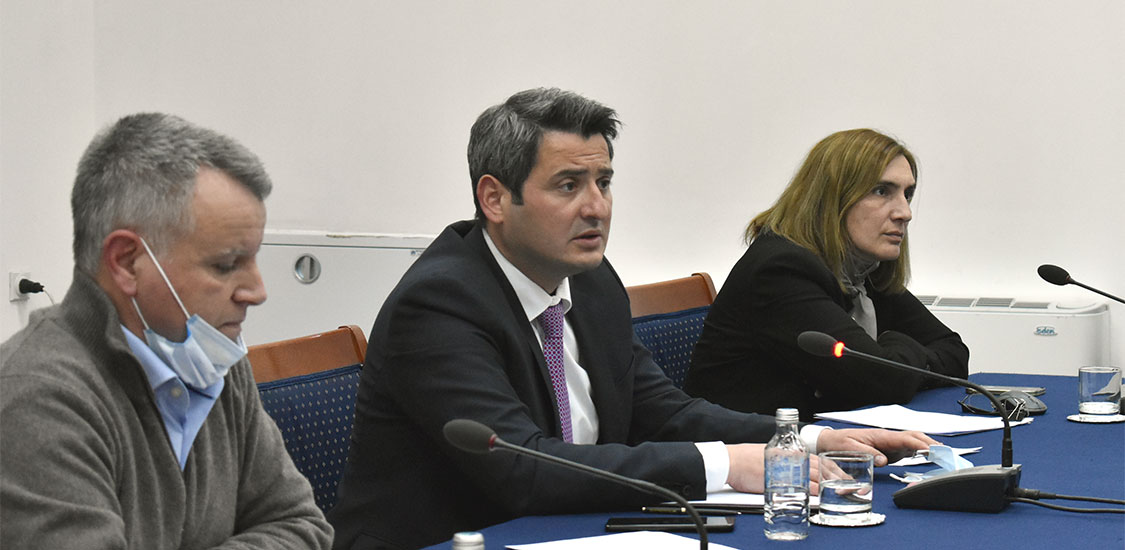
Improvements to the new Water Law would warrant complete water protection
The draft Law on Water opens up greater opportunities for the protection of water resources after the Ministry of Environment and Physical Planning (MoEPP) involved civil society organizations and experts from the “Clear it Up” Alliance in the earliest stage of drafting the law. However, the “Clear it Up” Alliance believes that the proposed legal amendments are not enough and there are still shortcomings in terms of full regulation of water use and storage.
It is extremely important that the public is involved in granting concessions for water use. The draft law imposes an obligation for the feasibility study to be made public and for a public hearing to be held in the area where the concession is granted. However, including all interested civil society organizations in the process should be made possible, rather than including only those in the area to which the concession refers, but also to define the public interest for better treatment and protection of water.
The draft more precisely regulates the construction and operation of small hydropower plants. For the first time, the ecological flow has been defined and regulated, and it is obligatory to install fish pathways during the construction of small hydropower plants, for which bylaws should also be provided. In addition to reducing the duration of concessions for hydropower plants with a capacity below 10 megawatts, the construction of hydropower plants in protected areas and areas proposed for protection, as well as in all other places where it would harm water supply, irrigation and biodiversity should be completely banned.
The preparation and regulation of riverbeds and lake coastal lines will have priority over the extraction and sale of sand and gravel. The companies will have to have a construction license and detailed technical documentation for improving the troughs and handling the excavated material. This should prevent anyone with an excavator from digging in the rivers. However, the draft law lacks a more effective mechanism that will stimulate companies to organize the riverbeds, and not just use the opportunity to sell the excavated sand and gravel.
The conditions for issuing permits for water use have been made more stringent, and if there is a request to place a facility in the protection zones, the MoEPP will have to notify the managers of those zones. In order for the mayors to be actively involved in issuing water use permits in their municipalities, the draft law should require them to submit their opinion. For the companies, instead of preparing reports, a mandatory environmental impact study should be introduced, as well as increasing the fees for water use. The bill stipulates that the right to use water may be restricted when the environment is endangered and companies that have licenses or concessions will not be able to claim compensation for lost profits. Also, their license can be revoked if they do not submit data on the used quantities of water and do not take the measures provided by the state authorities.
The control over the discharge of wastewater is strengthened, especially in groundwater, and the cadastre of pollutants must be publicly available. However, phosphates are not accepted in the legal amendments, although they are among the most common pollutants in the water, and the coastal zone in which the use of fertilizers and biocides is not allowed remains only 10 meters. Additionally, the law should include the possibility that in addition to institutions, the affected public can initiate a change in the permit for use and discharge of water.
The draft water law strengthens inspections by specifying responsibilities for state nature-protection inspectors, local environmental inspectors, sanitary and health inspectors, and state agriculture inspectors in addition to water inspectors. In that direction, cadastres for hydropower plants, wells and springs should be developed, and in addition to the HMA, monitoring should be provided by other certified institutions and laboratories for measuring water use by small hydropower plants. This would achieve a more dynamic and timely control of pollutants and elements harmful to water.

